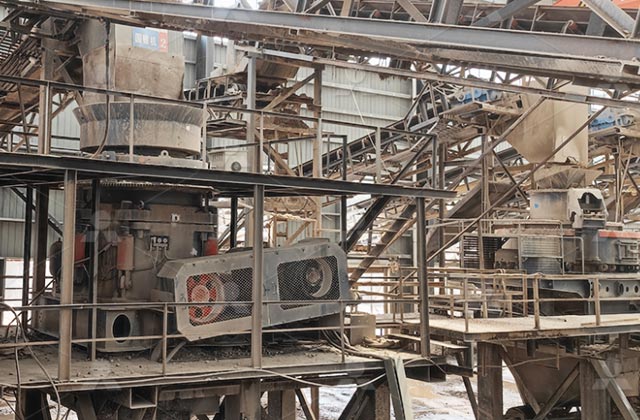Introduction to Concrete Sand Aggregate Crushers
Concrete sand aggregate crushers are essential machines in the production of concrete, a fundamental building material in construction. These crushers are designed to crush large rocks and stones into fine aggregates and sand, which are then mixed with cement and water to form concrete. The selection of the right crusher plays a crucial role in ensuring that the end product has the desired quality and consistency for construction projects, ranging from residential buildings to massive infrastructure developments.
Types of Crushers Used for Concrete Sand Aggregate
There are several types of crushers used in the concrete sand aggregate production process, each suited for different stages of crushing. Jaw crushers are typically used for primary crushing to break down larger rocks, while impact crushers or cone crushers handle secondary and tertiary crushing for finer materials. Vertical shaft impact (VSI) crushers are commonly used for shaping and producing high-quality sand, ensuring a consistent size and texture in the final product.

Importance of Crusher Selection
Choosing the appropriate crusher is critical to achieving optimal efficiency and productivity. Factors such as the hardness, moisture content, and size of the raw material influence the type of crusher that should be used. For example, cone crushers are suitable for processing hard materials like granite and basalt, while impact crushers are better for softer, medium-hard materials like limestone. Proper crusher selection ensures minimal wear and tear, lower operational costs, and consistent output quality.
Applications in the Construction Industry
Concrete sand aggregate produced by crushers is widely used in various construction applications. It is a key component in ready-mix concrete, precast concrete products, and concrete blocks. The fine aggregates produced by the crushers improve the strength and durability of concrete structures, such as bridges, roads, and buildings. By adjusting the crusher settings, manufacturers can produce different sizes of aggregates to meet specific project requirements.
Environmental Considerations and Technological Advancements
In recent years, environmental concerns have prompted the development of more energy-efficient and environmentally friendly aggregate crushers. Modern crushers are designed to reduce energy consumption, minimize dust emissions, and lower noise levels. In addition, advancements in automation and control systems enable crushers to operate with greater precision, reducing waste and ensuring optimal resource use. Sustainable aggregate production is becoming increasingly important as demand for eco-friendly construction materials rises.

